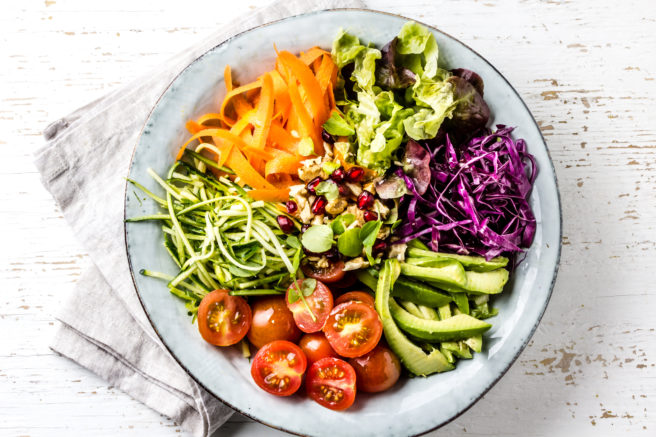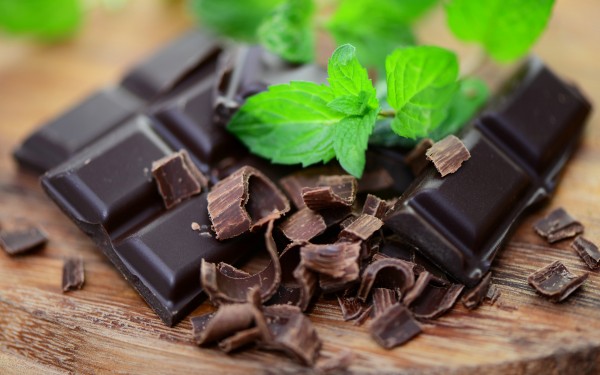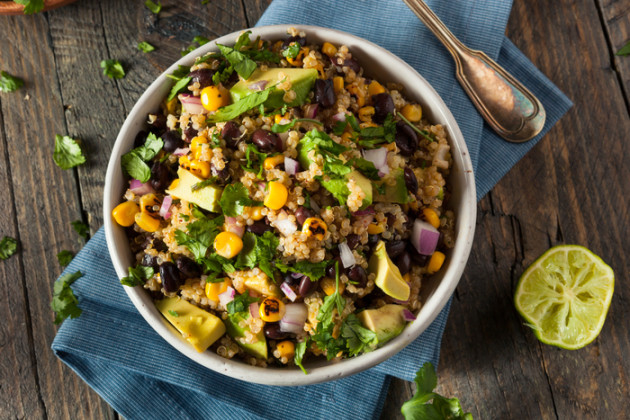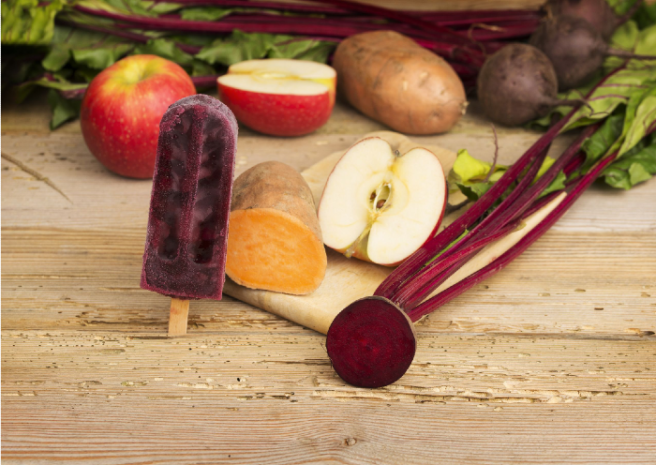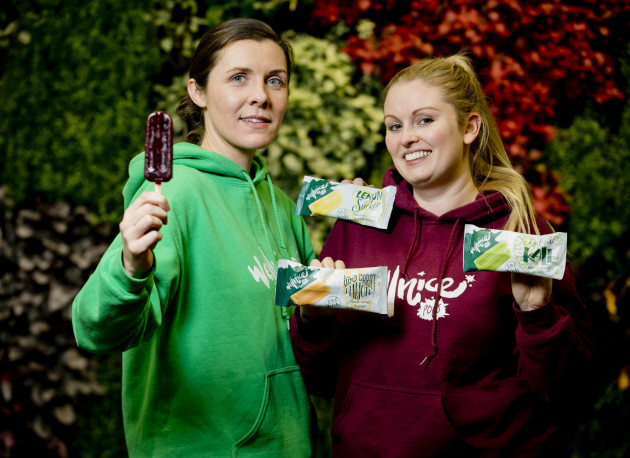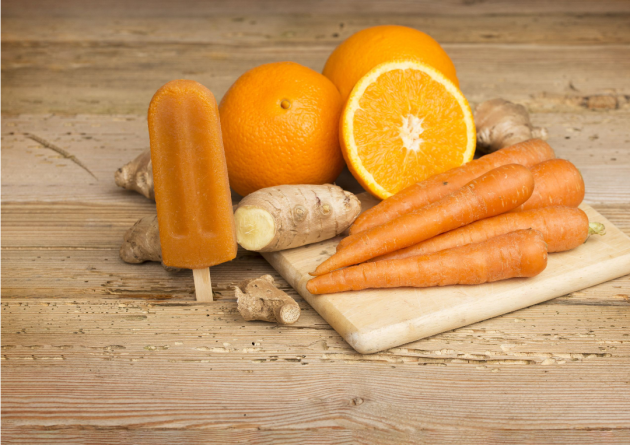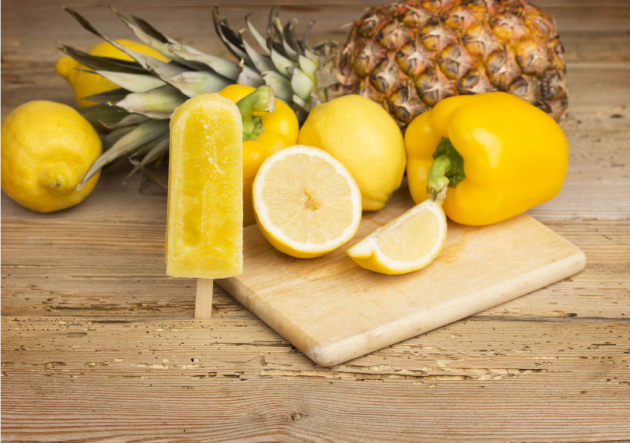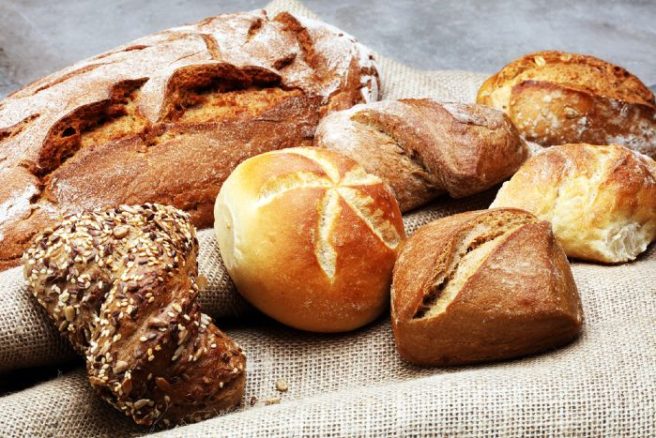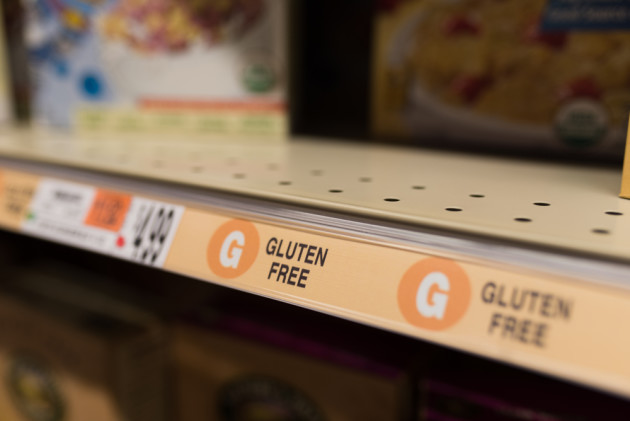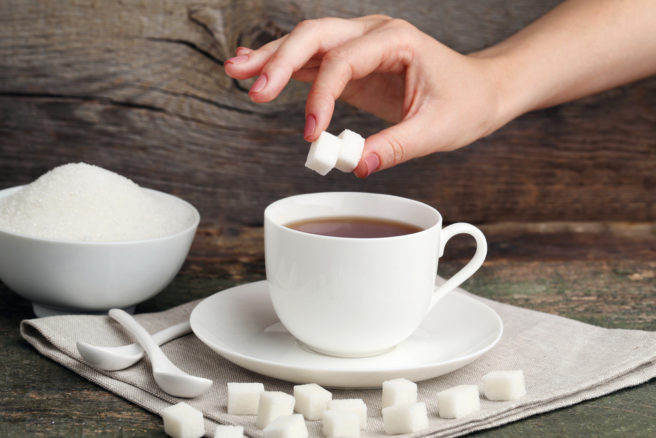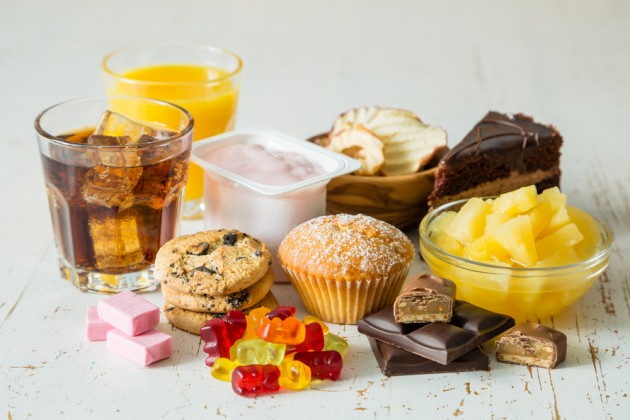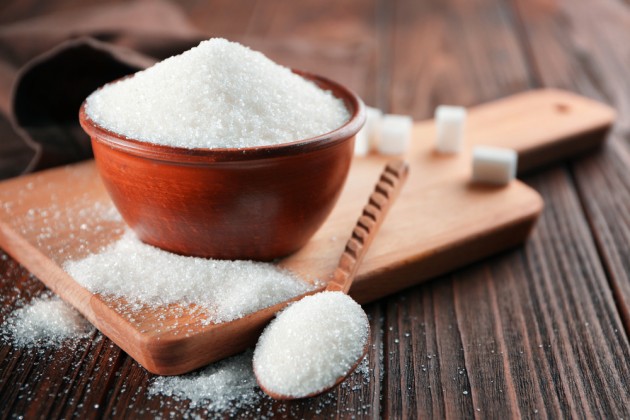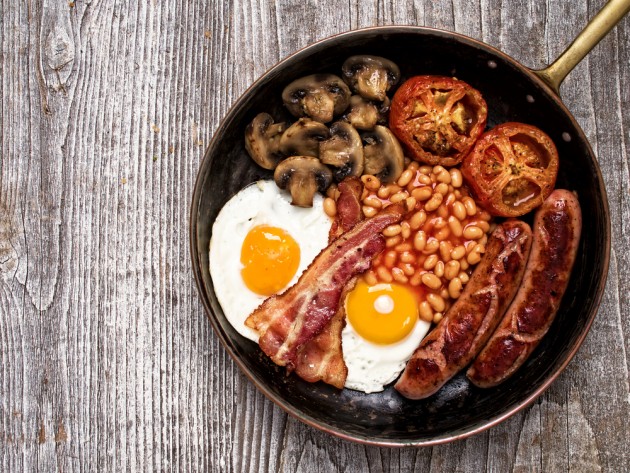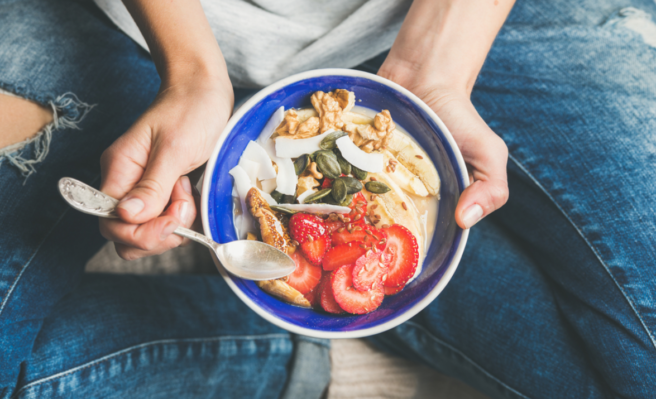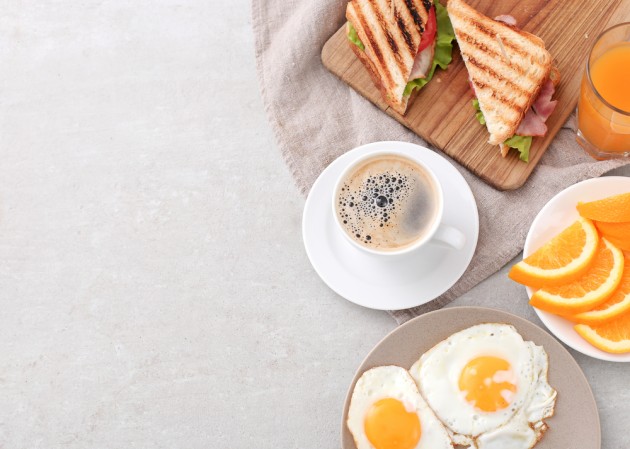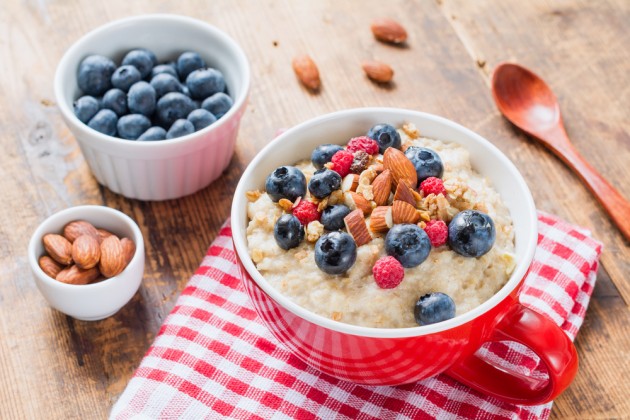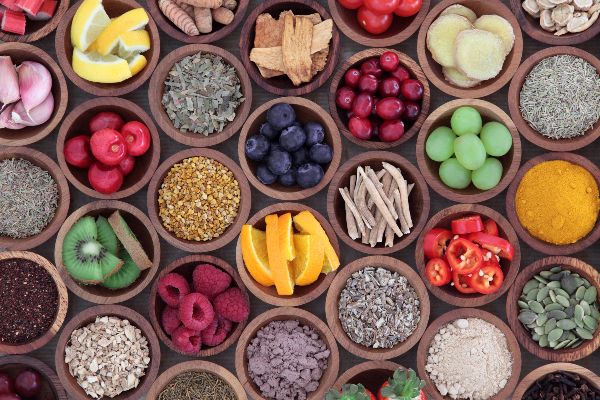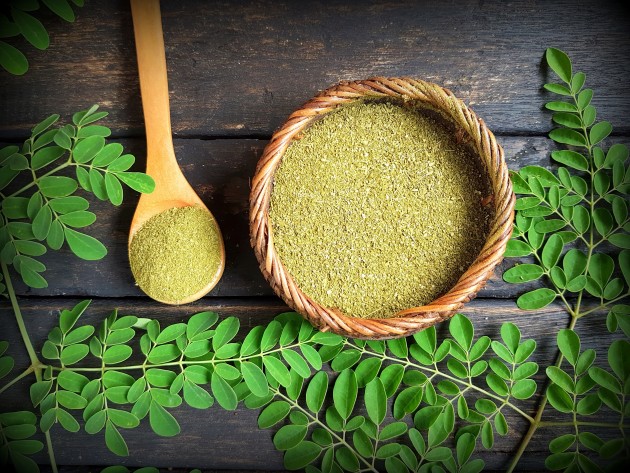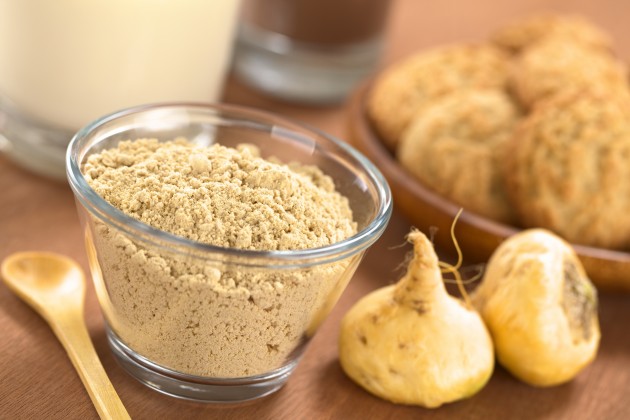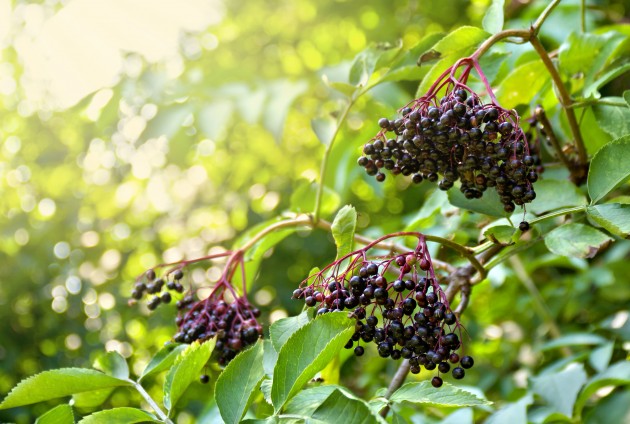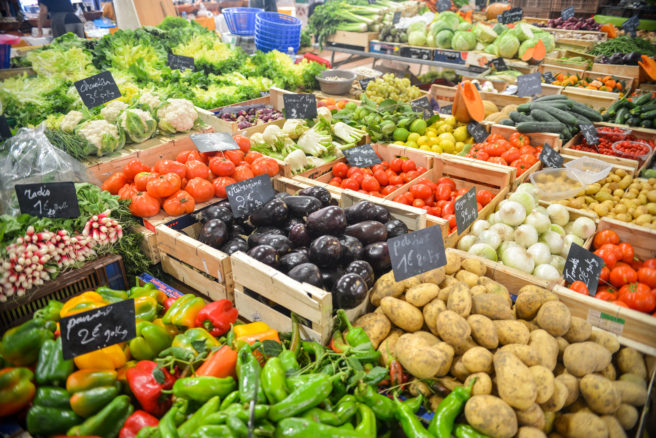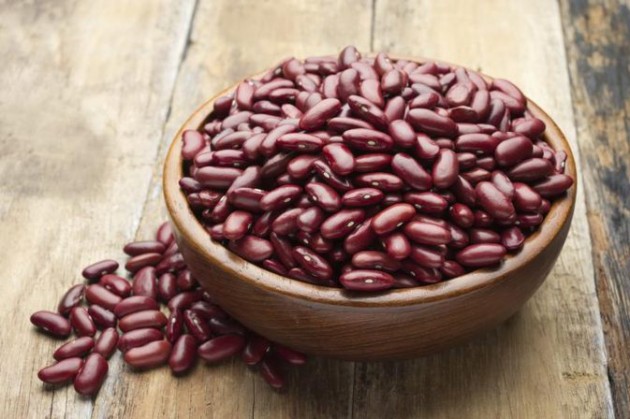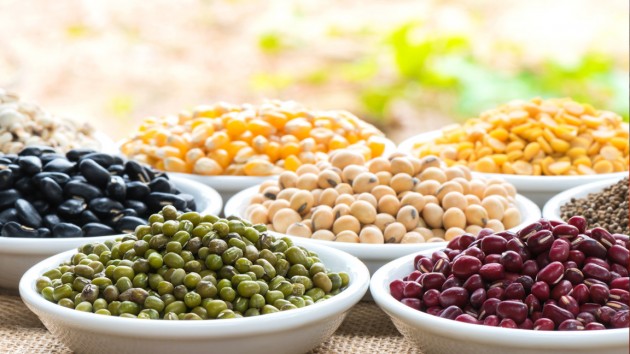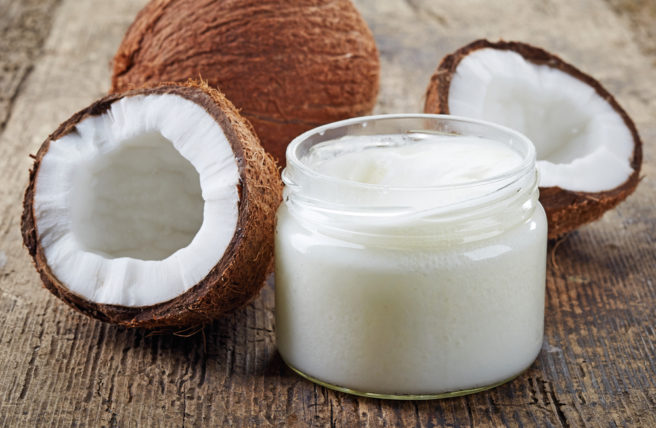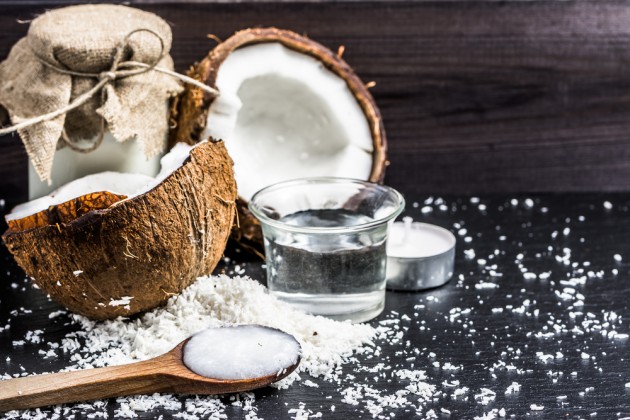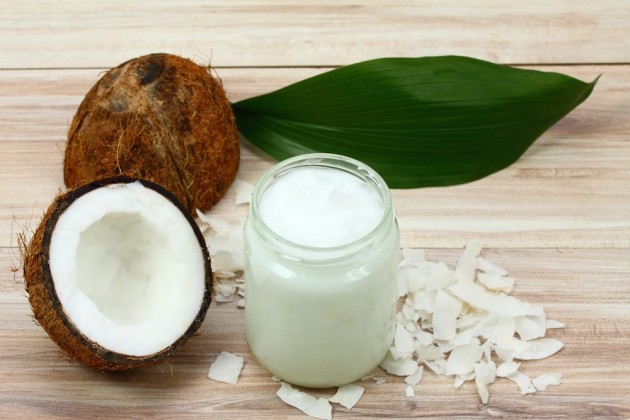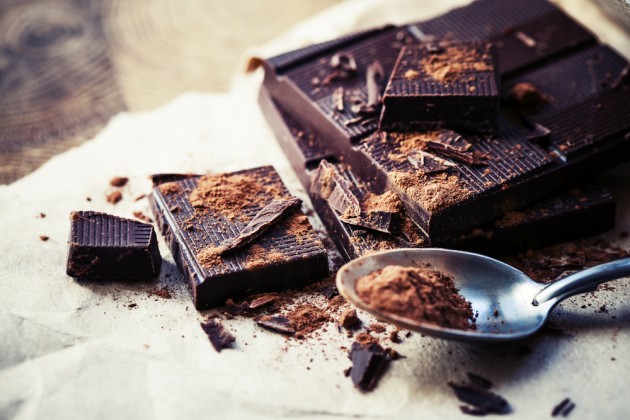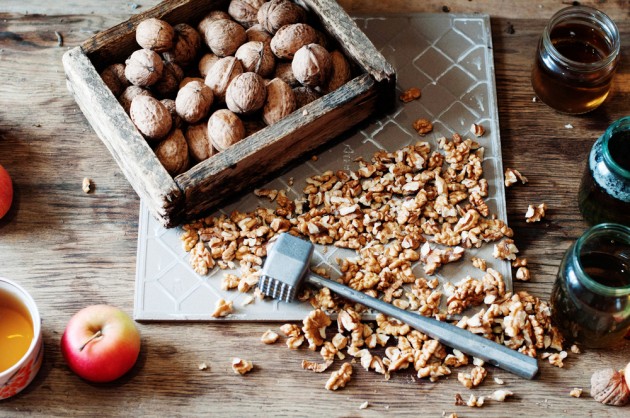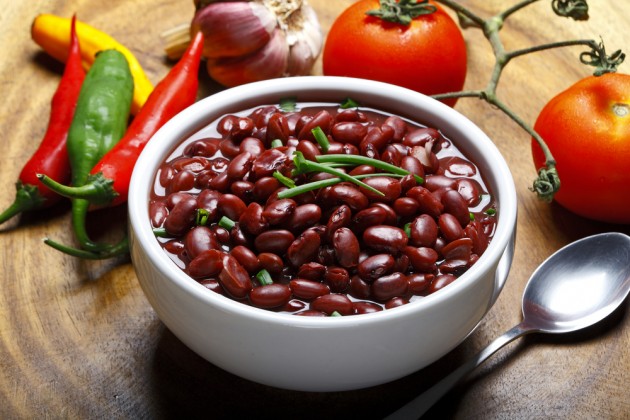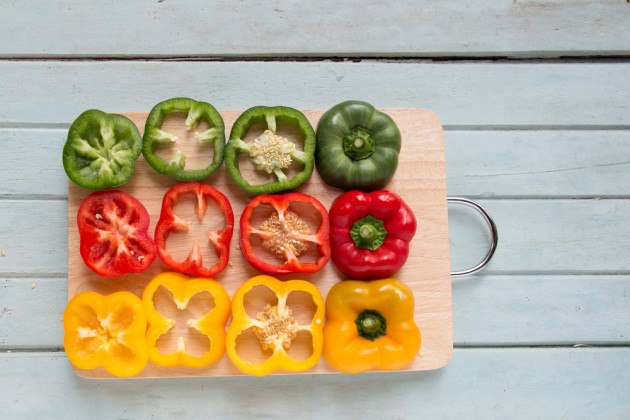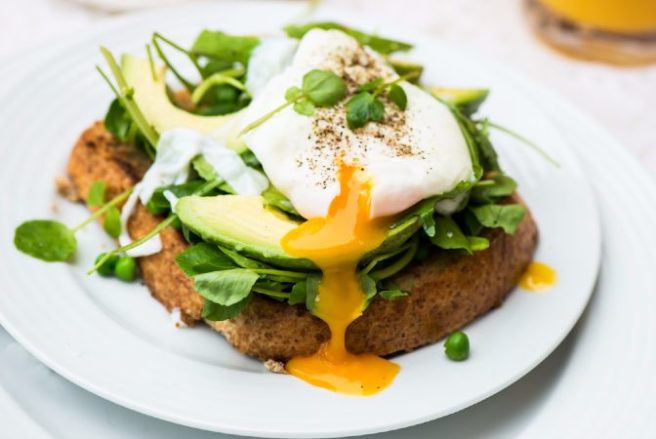
So, this is why skipping breakfast slows down your weight loss plan
So, who among you has been been advised to 'eat like a king at breakfast, a prince at lunch and a pauper at dinner'?
While it sounds like the kind of phrase our grandmothers might bandy about, there is a huge amount to be said for the logic behind it.
In fact, a recent study has confirmed that the key to a healthy weight is to follow that particular eating plan as closely as possible.
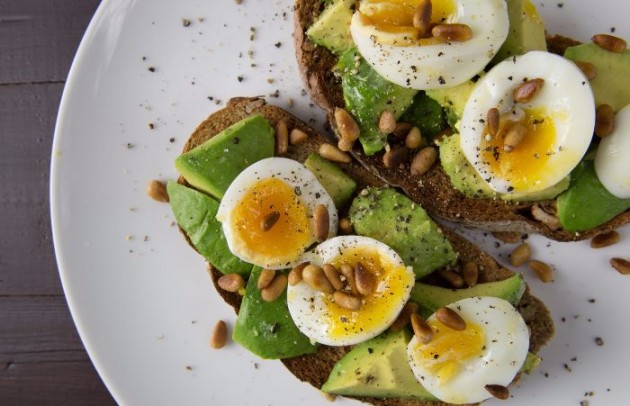
With data collected from 50,000 participants over the course of a seven-year study, researchers at Loma Lida University in California established that consuming a large breakfast leads to a decrease in an individual's Body Mass Index.
These findings were in contrast to those who opted to consume a large dinner.
"Breakfast eaters experienced a decreased BMI compared with breakfast skippers. Relative to subjects who ate their largest meal at dinner, those who consumed breakfast as the largest meal experienced a significant decrease in BMI," the study read.
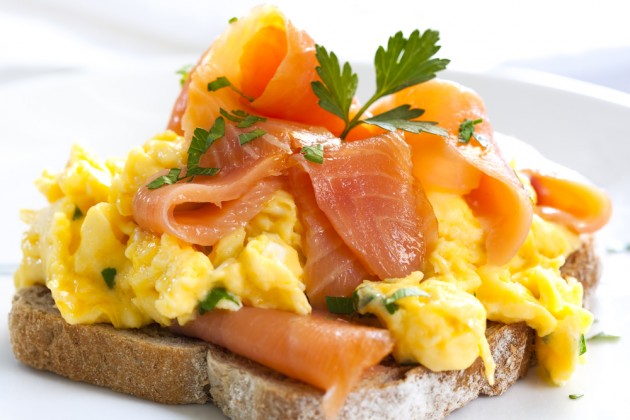
Researchers are of the opinion that a hearty breakfast lowers the chance of snacking and increases the possibility that the individual will adhere to a sensible eating plan.
"Our results suggest that in relatively healthy adults, eating less frequently, no snacking, consuming breakfast, and eating the largest meal in the morning may be effective methods for preventing long-term weight gain," read the study.
"Eating breakfast and lunch 5 – 6 hours apart and making the overnight fast last 18 –19 h may be a useful practical strategy," researchers added.
The findings were published in the Journal of Nutrition.







